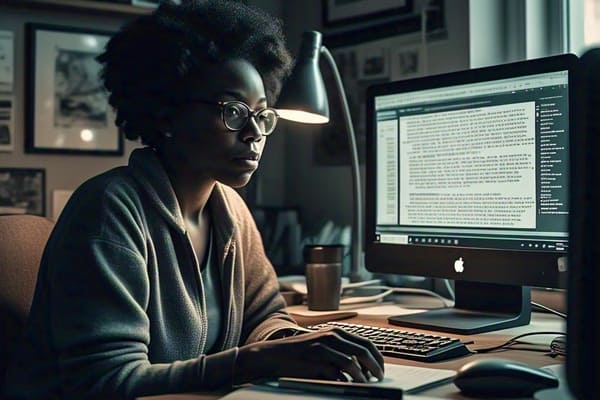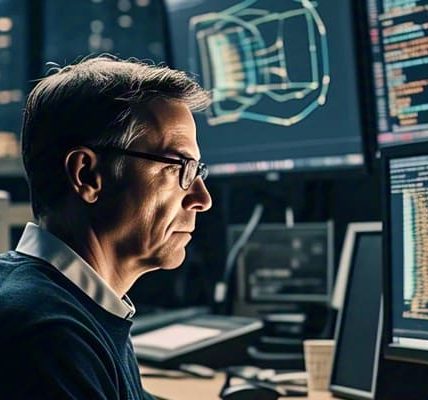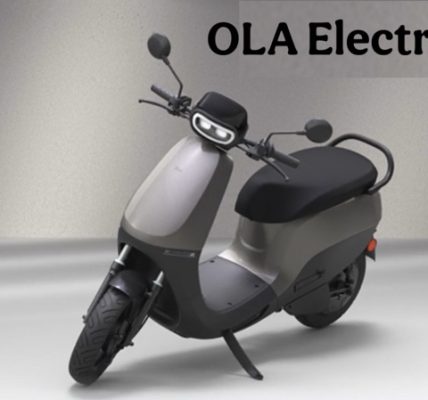Generative AI in Content Creation: Understanding How Generative AI is Transforming Content Creation
Creativity has long been considered a uniquely human trait, but artificial intelligence is challenging that notion. Generative AI in Content Creation is transforming how content is produced, from written articles and digital art to music compositions and video editing. While some see it as a groundbreaking tool for enhancing human creativity, others worry about its impact on originality and authenticity. Understanding how AI-powered creativity works and where it’s heading is crucial for content creators, businesses, and consumers alike.

Automating Content Generation at Scale
One of the most significant advantages of generative AI is its ability to produce content at an unprecedented scale. AI-driven tools like ChatGPT, DALL·E, and MidJourney can generate written, visual, and multimedia content in seconds, saving hours of manual effort. According to a 2023 McKinsey report, businesses using AI for content generation have seen productivity increases of up to 40%.
Marketers, journalists, and creative professionals are leveraging these tools to streamline workflows, create personalized campaigns, and maintain a consistent content pipeline. However, while AI can generate massive amounts of content, ensuring quality and originality remains a challenge.
Enhancing Human Creativity Rather Than Replacing It
Rather than replacing human creativity, generative AI is acting as a powerful assistant. Writers use AI-generated prompts to overcome writer’s block, designers enhance their work with AI-generated textures, and musicians experiment with AI-composed melodies.
Adobe’s AI-powered tool, Sensei, is already helping graphic designers automate repetitive tasks while allowing them to focus on more complex creative decisions. The synergy between AI and human creativity allows professionals to refine ideas, experiment with styles, and push creative boundaries that were previously unimaginable.
Personalizing Content for Targeted Audiences
Personalization has become a key factor in digital marketing, and AI is making it more sophisticated than ever. AI algorithms analyze user behavior, preferences, and engagement data to generate content that resonates with specific audiences.
A survey by Salesforce found that 73% of consumers expect brands to understand their unique needs. Generative AI enables brands to craft hyper-personalized emails, ad copies, and blog posts that align with individual preferences, leading to higher engagement and conversion rates. This capability is revolutionizing customer experiences by delivering more relevant and timely content.

Challenges of Bias and Ethical Concerns
Despite its potential, AI-generated content isn’t free from challenges. Bias in AI models is a major concern, as these systems learn from vast datasets that may contain prejudiced or unverified information. A 2022 MIT study revealed that AI-generated text often reflects biases present in its training data, which can perpetuate misinformation and stereotypes.
Additionally, ethical concerns around authorship and intellectual property are growing. Who owns AI-generated content? Can AI creations be copyrighted? These questions are sparking debates among legal experts and content creators, leading to evolving regulations and industry guidelines.
Impact on Traditional Content Creation Professions
The rise of generative AI is reshaping traditional content creation roles. While AI simplifies content production, it also raises concerns about job displacement. Copywriters, journalists, and graphic designers are adapting by shifting towards more strategic and analytical roles that require human intuition and oversight.
A report by PwC estimates that while automation may impact certain creative jobs, it will also create new opportunities in AI oversight, content curation, and ethical AI governance. Professionals who embrace AI as a tool rather than a threat can remain relevant in this rapidly changing landscape.
The Future of AI-Powered Creativity
As AI continues to evolve, its role in content creation will only expand. Future advancements may lead to AI models that understand emotional nuances, generate truly original ideas, and collaborate seamlessly with human creators.
Companies are investing heavily in AI ethics and transparency to build trust and ensure responsible AI usage. Whether used for storytelling, branding, or artistic expression, AI-powered creativity is here to stay. The challenge lies in balancing efficiency with authenticity, ensuring that technology enhances rather than diminishes the essence of human creativity.
Generative AI is Here to Stay!
Generative AI is not just a passing trend—it’s a transformative force reshaping the way content is created and consumed. Understanding its potential, limitations, and ethical implications is key to navigating the future of AI-powered creativity.





